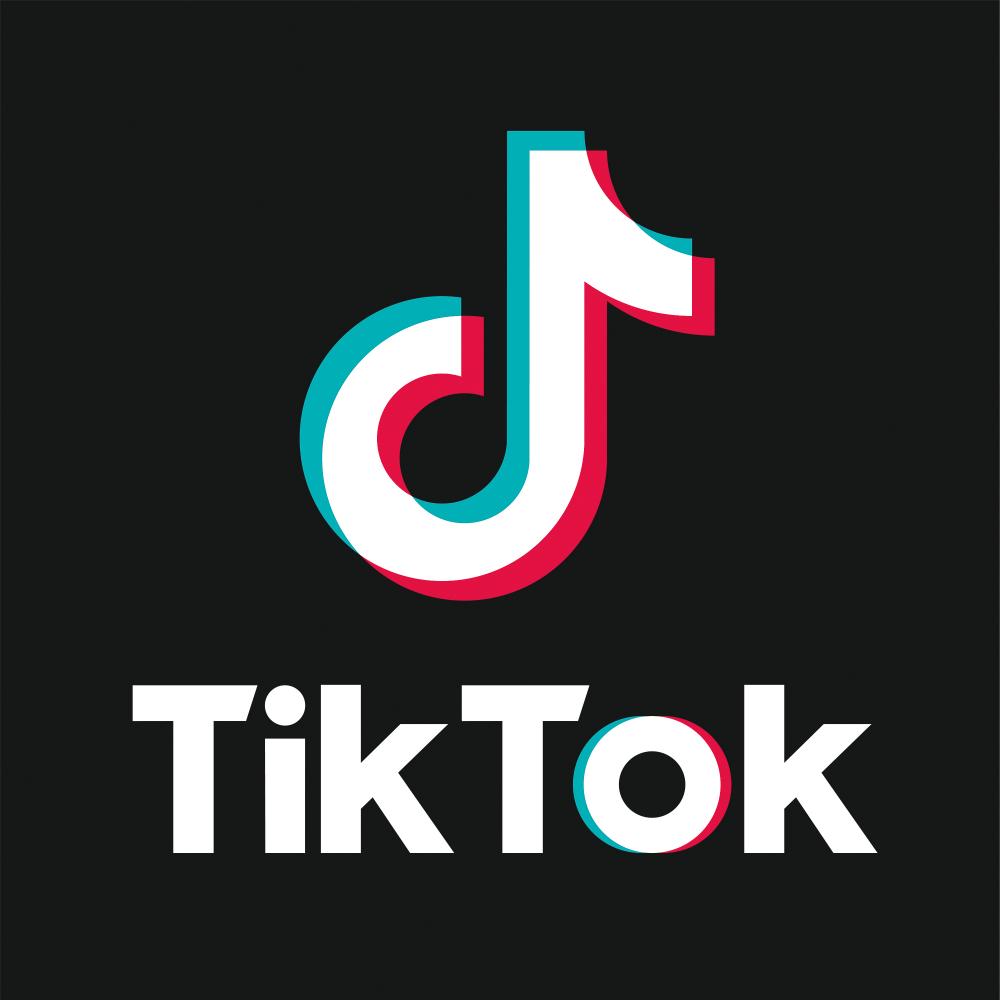MUCH can be said about TikTok, from its moderation over extreme content to the potential damage it might cause to the attention span of its younger users.
However, one undeniable benefit the social media giant has given is providing a bigger platform for established and up-and-coming musicians and artistes to peddle their craft, even if the latter is just chopped up, 10-second sound bites.
That said, things are not looking good for either TikTok or the record label Universal Music Group (UMG) after the two parties’ licensing agreement ended on Jan 31, with both unable to strike a new deal.
This was most certainly not helped by how UMG and TikTok issued separate statements condemning each other a day before for failing to agree with the other’s terms.
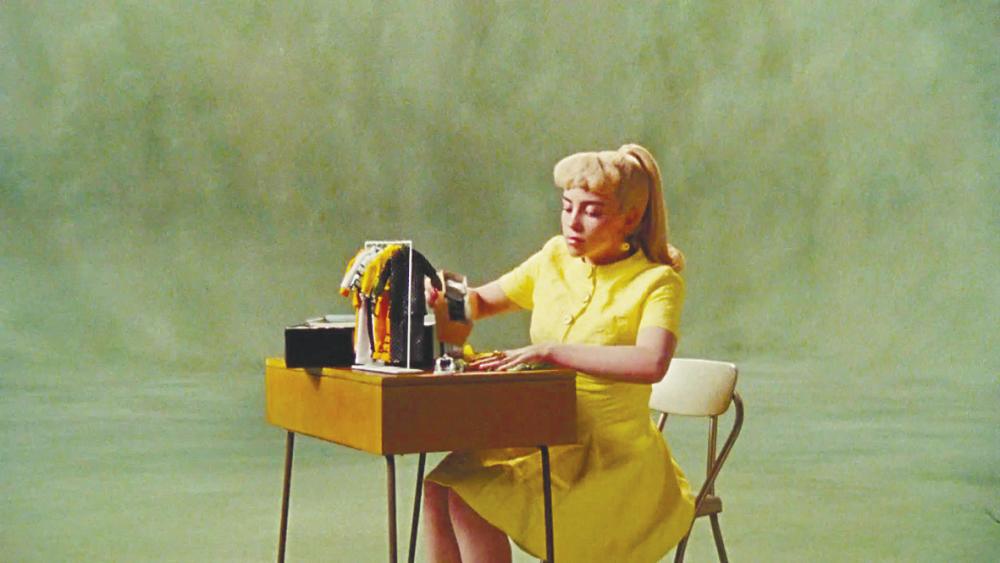
“TikTok is trying to build a music-based business without paying fair value for the music,” UMG fired off in its statement.
UMG also accused TikTok of allegedly bullying the record label into “accepting a deal worth less than the previous deal, far less than fair market value and not reflective of their exponential growth.”
One of the three issues UMG was in discussions with TikTok was artificial intelligence (AI) and its effects on human artistes. According to the label, AI is rampant on the popular video-based social media platform, which TikTok has enabled through its tools.
In response to its own relatively short statement, TikTok refers to UMG’s comments as an attempt to paint a “false narrative and rhetoric” guided by the label putting “their own greed above the interests of artistes and songwriters”.
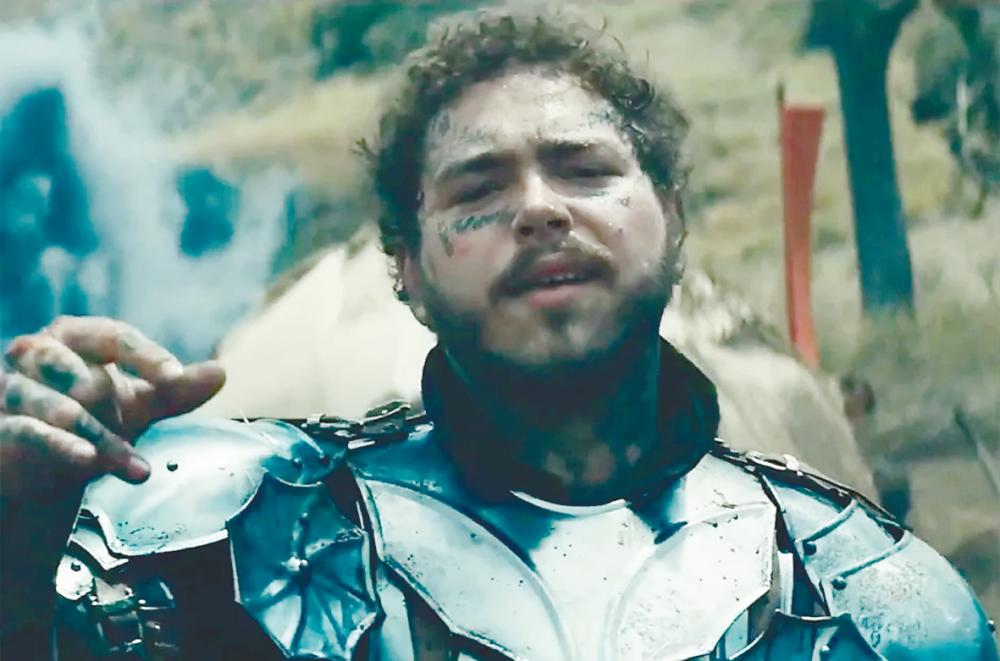
In between a rock and a hard place
As of Feb 3, music by almost all popular artistes on the UMG roster has been removed from the TikTok pages. These include Taylor Swift, Olivia Rodrigo and Billie Eilish, among others.
Artistes whose music hinges primarily on UMG have had their music sections wiped clean on TikTok, while others, such as Eilish, have a few songs left due to being under other labels.
For TikTok users who previously made and uploaded videos using music by UMG artistes, the music will be muted, while new videos will not be able to use the removed songs.
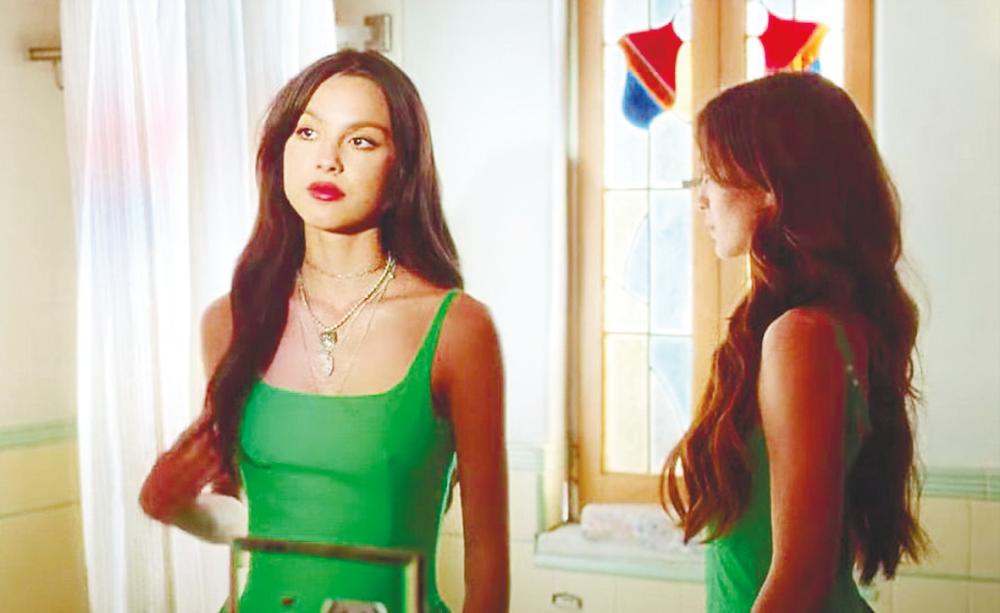
However, music that has been remixed or altered — sped up and slowed down — is still on the platform. It is unclear how far-reaching the consequences of this will be.
Late last year, a TikTok-commissioned report found that the platform fuels music discovery, with key findings claiming that TikTok users are more likely to discover and share new music through the platform.
“Globally, engagement with an artiste’s music on TikTok is strongly correlated with streaming volumes,” the report further revealed.
TikTok’s statement, mentioned how the platform “serves as a free promotional and discovery vehicle” for musicians and artistes, which is just a longer way of saying the often mocked statement “We pay in exposure.”
While TikTok does make a fair point, UMG’s claims that the platform pays artistes poorly whenever their music is used on videos uploaded on the platform are also true.
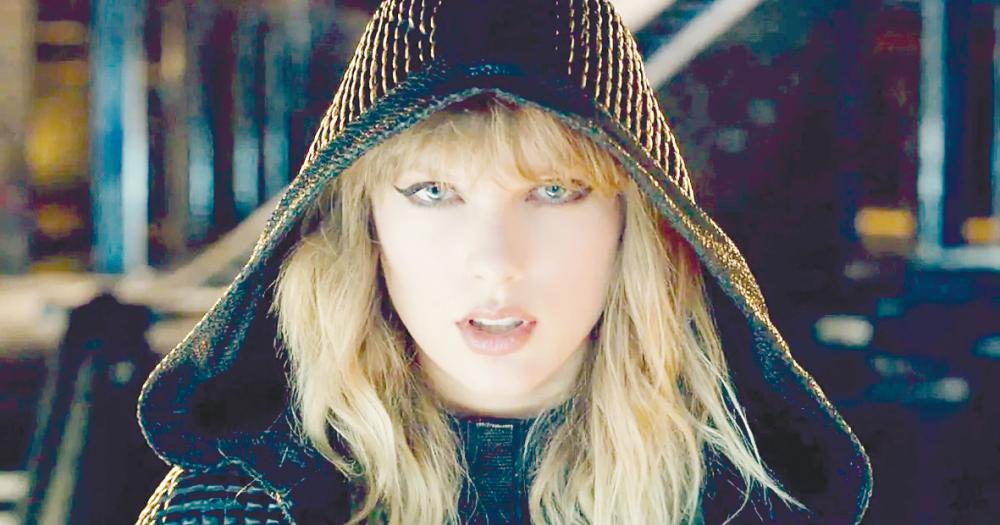
The most recent data, according to SoundCampaign, is that TikTok pays 3 cents (14 cents) for each new video featuring an artiste’s song. The move has caused frustrations among the content creators on the platform, regardless of their size.
Smaller creators have resorted to making dances mocking the lack of music by UMG by dancing to public domain songs due to the record label having a monopoly on music catchy enough to float on TikTok’s algorithm, while bigger content creators are mulling to leave the platform.
The thin silver lining is that TikTok still supports music by Warner Music and Sony, with the platform inking a licensing agreement with the former last year.



